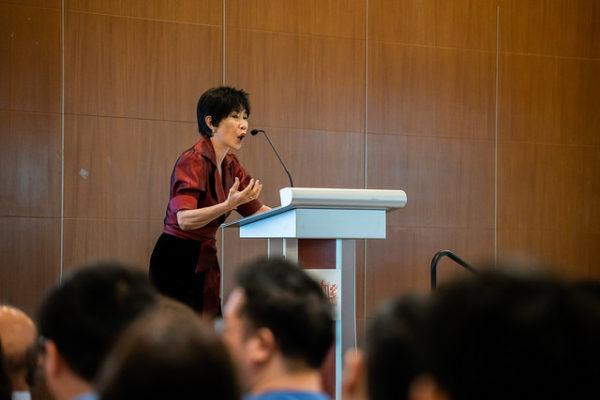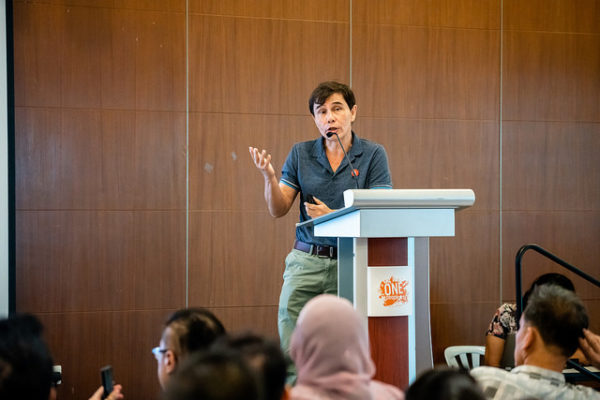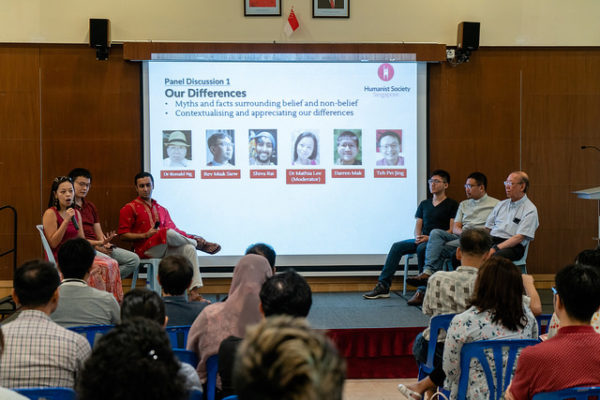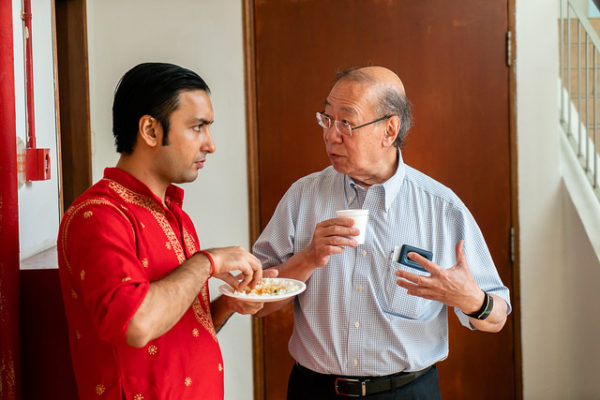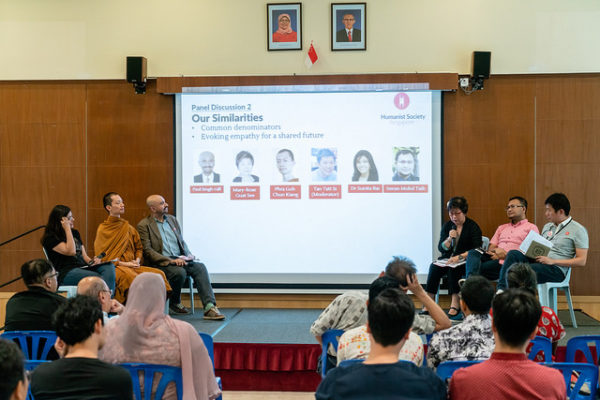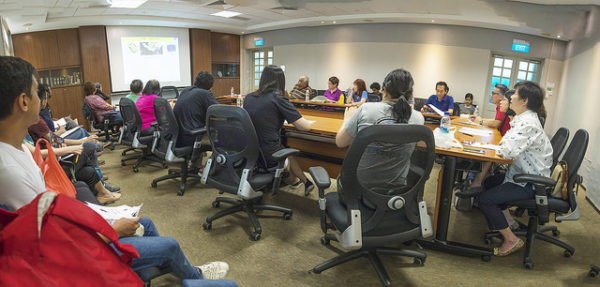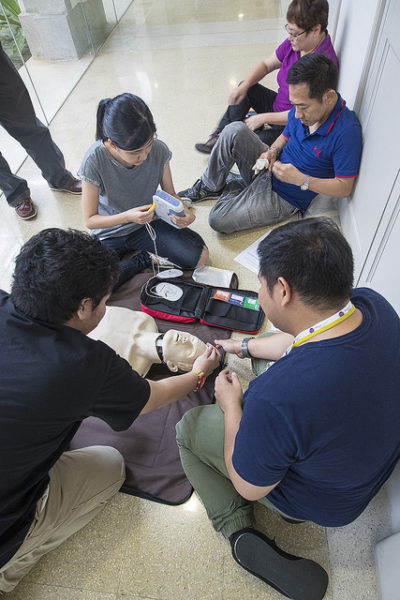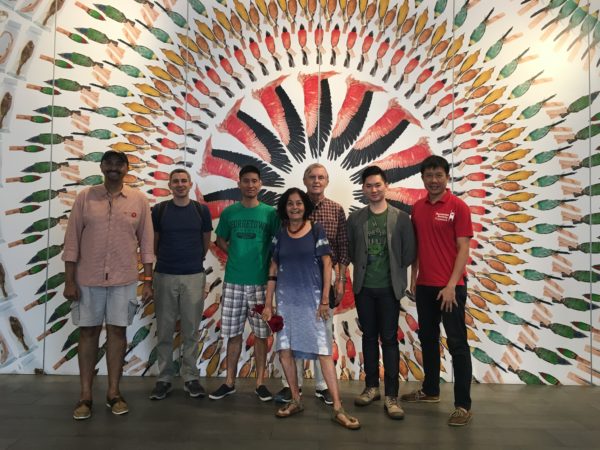
Last Saturday saw the second segment of Humanist Society Singapore’s Psychology Talk Series. Entitled: “Agent-Based Modeling Game Theory”, the talk started out with participants filling out one of two questionnaires, picked out at random. This would provide the data points for the Ultimate Game afterwards.




